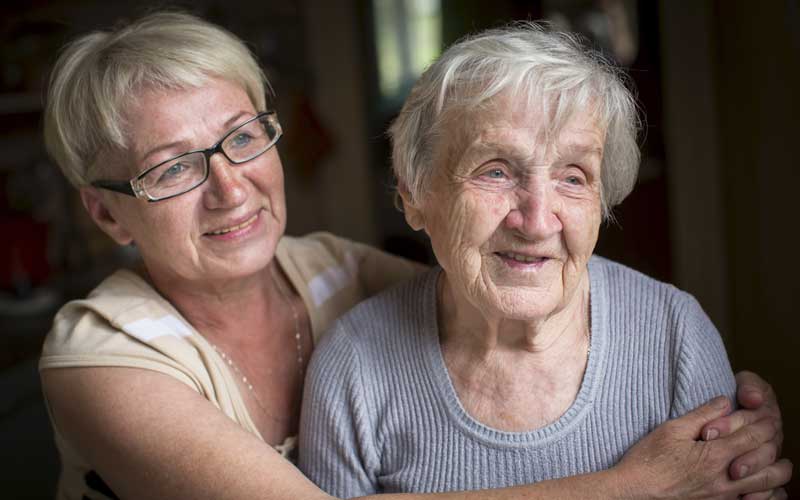
We fly the nest in our late teens or twenties with no looking back. But sometimes, life gets in the way and things don’t always go to plan. Perhaps a sudden change in your career, a relationship breaks down, or you simply want to save up some money. Whether it’s a temporary or permanent fixture, life can throw up the odd surprise meaning you need to move back into the family home.
Memories of being a teenager come flooding back. Curfews, slamming doors and the utter incredulity of being told ‘no’. And your parents feel it too – the end of peace and quiet and plans to turn your old bedroom into a games room are ruined.
Moving home can, believe it or not, be a pleasant experience for all parties involved. However, it can take a lot of patience and understanding. Communication is the utmost important factor to ensure a healthy living situation. Before you move home, have a conversation with your parent(s) in regards to boundaries and responsibilities. Discussing expectations before you have moved in will make the transition a lot easier.
Some typically awkward topics, such as finances and house rules, should be discussed frankly. Both parties should be open about their expectations in regards to paying rent, contribution to bills and involvement in household duties. Being open and honest about these topics before living together will lessen the likelihood of tension later down the line.
Keep an open mind and don’t be surprised if your parents revert back to old habits; they may pass judgement on your personal life or finances but don’t be afraid to address this issue. Regularly updating your parents on your goals may be a good way to keep judgements to a minimum but don’t be afraid to lightly let them know if you feel they are being intrusive. Working towards a relationship based on mutual respect and understanding will allow your relationship to become stronger and result in a more pleasant co-living experience. Factoring in time spent together, as well as separately, is key to a harmonious relationship. Planning activities together, in or out of the house, is a fun way to strengthen bonds and will cause a happier home life.
As the world’s population is ageing, it’s not uncommon for adults of elderly parents to provide some level of care when they move back home. Whether you’re back at home permanently or temporarily, measures can be put into place that ensures both you and your parents retain independence both while you’re there and long after you’ve gone.
Falling accidents become common in those over the age of 65 but despite this, there is still a stigma surrounding this type of accident. It can become a worry, not only for potential sufferers, but for their children too. Address these concerns with an honest conversation: parents shouldn’t be too proud to admit if they’ve had a fall and adult children should be able to express their worries and anxieties.
Identify areas where falls might be likely to take place and remove any obstacles that increase the risk. Grab bars in kitchens and walk-in baths and showers in bathrooms can be useful. Consider fitting a walk in bath as stepping in and out of them is safe and accessible. Elderly users won’t have to rely on the help of others to bathe so they can keep their independence and family members don’t have to worry about them falling. For those who have limited mobility or use a wheelchair, the walk-in shower is a great solution to bathing without the risk of falls or injuries.
While the thought of diverting back to live with your parents may send shivers down your spin, it’s also a fantastic opportunity to spend some time with those who love us most. With a bit of compromise, it can be simple to make the transition to living at home for a while, a simple one.






